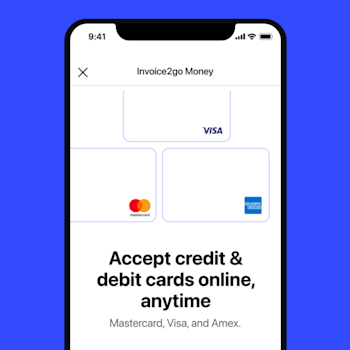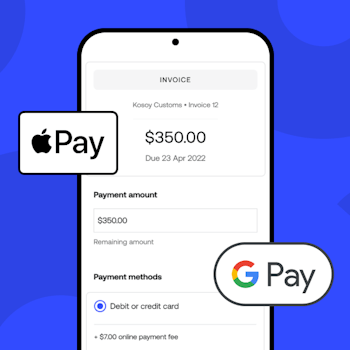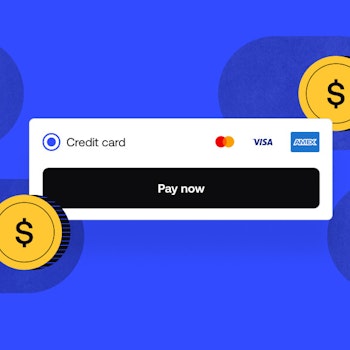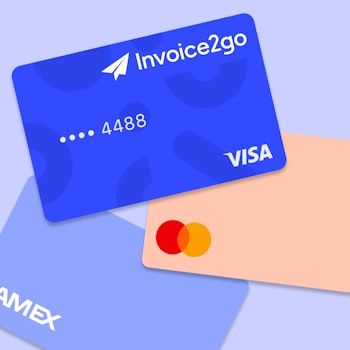
Small Business Spirit: Q&A with Emmanuel Parlier
Do you remember this old cliche: You give someone a fish and they eat for a day, but you teach them how to fish and they eat for a lifetime? Turns out it’s not just a worn-out saying.
In many parts of the world, sustainable aquaculture development – simply put, the farming of aquatic organisms, such as fish, shellfish, and oysters – is crucial to reducing poverty, empowering women, and boosting nutrition and food security. For example, according to the Woods Hole Oceanographic Institution, in coastal East Africa where poverty is widespread, learning how to create a small-scale shellfish farming business can dramatically transform economic prospects and uplift thousands of families.
In addition, as environmental sustainability becomes more urgent, fishing and farming in ways that don’t disrupt ecosystems or diminish biodiversity are more important than ever. Private businesses are also looking for ways to improve aquaculture to meet the world’s rapidly growing appetite for fish.
However, in coastal communities and in business, there’s still a lack of technical knowledge of commercial aquaculture practices. Although aquaculture dates back millennia, commercial aquaculture is still relatively new, with modern technology fast-tracking its development over the past century, Hakai reported. According to The World Bank, it’s projected to be the primary source of seafood by 2030.
That’s where Invoice2go subscriber Dr. Emmanuel Parlier comes in. Emmanuel is passionate about aquaculture; the impacts of humans on marine populations; and fish, shellfish, and seaweed farming. As founding president of Parlier Environnement SAS, a company focused on sustainable maritime innovation, Emmanuel supports businesses and communities with everything from aquaculture research and development to scientific assistance and project management.
Emmanuel is also a consultant for the United Nations Capital Development Fund, which provides public and private finance to reduce poverty in the world’s 46 least developed countries. There he focuses on food security and nutrition, financial inclusion and innovation, and blue economy – the sustainable use of ocean resources for economic growth and improved livelihoods.
We recently caught up with Emmanuel over video. Emmanuel spoke cheerfully and enthusiastically from his home in France about his work and journey to becoming a business owner who helps people all over the world. Learn how business ownership enabled him to achieve his ambition and build a meaningful career. Also, see how video conferencing has helped him work more efficiently with international clients and how Invoice2go helps him stay organized along the way.
*Note: The following transcript has been edited lightly for clarity.
Tell me a little about yourself and how you developed your passion for marine biology
Well, I live in the west of France with my wife and our two children. You can learn a lot about my philosophy by watching my TEDx talk (French only) that I gave about living with intensity. Since defending my thesis on biological oceanology and marine environment, I’ve worked on the impacts of humans on marine populations. Recently, I’ve stepped up my responsibilities managing research programs on the western seaboard of Europe.
I started my own company because I was unfit to be an employee, especially one in public administration. When I worked in public administration, I felt I had greater ambitions than my role allowed me. Even if I was courageous and a good worker, I wouldn’t be able to get the position and responsibilities I wanted until my boss retired years from now. That wasn’t a good place for me as a young researcher. So I left to start my Parlier Environnement SAS, and now I work with companies across France and internationally. We propose technical solutions – like creating better environments for shellfish – to produce better products for consumers.
That’s so interesting. Can you tell me about some projects you've worked on recently?
Recently, I worked with several producers of marine algae in Brest, Brittany. I also worked with some producers of shellfish based in Africa. I have specialized knowledge of shellfish and proposed a solution to help them build their process from scratch for commercial production of shellfish, fish, and algae in their area.
It’s interesting to work with companies internationally because in France, the laws are very strict, and it can be difficult to get capital to increase the capacity of your business. That’s why we have many small businesses here. But when you work with companies based in countries like New Zealand, South Africa, or Portugal, there is often more flexibility to expand the financial parameters, get people with more specialized skill sets, and create bigger businesses.
French people typically prefer to consume French products, but they’re expensive compared to those from other countries because of the strict agricultural standards. However, there’s starting to be more acceptance about working with international producers and investors as long as they follow the same high standards that France sets out.
What gives you the most satisfaction in your work?
Three things bring me great satisfaction in my work. The first is conservation because we can improve ecosystems through better management. Second, I can help communities find sustainable ways to produce better quality shellfish. And finally, I get to travel and interact with people all over the world and exchange ideas with them on topics that are interesting to me. For example, how to develop spirulina.
That’s super fascinating. You mentioned that you’ve traveled all over France. Are there countries you travel to for work regularly?
Every week, I work with clients in Asia in the morning and with people in North America in the afternoon. I consult with clients in Tibet and Vietnam regularly over video conferencing. Since COVID, I’ve told all of my colleagues that meeting over video is much easier and more efficient. For example, if a client in Madagascar tells me the information I need to know, I can advise them effectively over video without ever needing to travel there, in most cases.
And it’s better for me to be close to my family every day. When I started my company in 2009, I was away in the field for at least one week per month. Traveling to a remote island, for example, could take over a day just in transportation. With good communication, we can get equally good results as if I went in person. I’m not saying it’s a bad thing to travel to and visit other countries, especially beautiful islands! It’s just not as efficient and better for me and my family.
How does Invoice2go help your business?
It’s great in the morning to open my smartphone or computer and see that I’ve received payments – it’s so easy, and I can do all of my admin in just 30 minutes per day. If I didn’t have this software, I would need to hire a part-time assistant to help me.
With my consulting work, I have many clients and make invoices every hour. I send hundreds of invoices each year and am still able to stay organized. I like that I can enter all my conditions, upload my logo, and it’s easy to provide all the information to my advisor for taxes. I’ve recommended Invoice2go to more than ten of my colleagues who all use this software now.
Before I found Invoice2go, I tried a few other programs that just didn’t fit. The fact that I have so much control to customize my invoices and that I can manage payments from my phone are huge pluses for me.
What are you looking forward to? What would you like to do in your business over the next few years?
I plan to focus my efforts in France and internationally, especially with the United Nations Capital Development Fund. Of the 46 least developed countries, 43 are in Africa in the same time zone as I am in France. So I would like to do more consultations in Liberia, Chad, Comoros, and Senegal. It’s best for me to work in the same time zone, and there’s so much potential in many of these places to develop marine resources and improve their economies.
Jetlag can really get to me and slow my productivity when I go to places like Boston, Quebec, or Vietnam. So I want to contribute more without the jetlag!
Related Articles

How to accept credit card payments on Invoice2go in 3 simple steps

Accept payments online via Apple Pay and Google Pay

Must-not-miss write-offs as you wrap up 2022 year-end finances

5 ways accepting credit and debit card payments helps your business stay resilient

4 easy ways to increase cash flow today

What is Small Business Saturday and why is it important?
The features and surprising benefits of a well-designed packing slip
